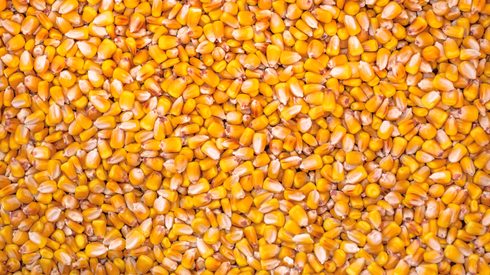The European Union reopened the debate on the use of genetically modified organisms (GMOs) within the economic bloc, after a study found the current two-decade old rules are “not fit for purpose”.
The study on New Genomic Techniques (NGTs) – requested by the European Council and produced by the Commission – was made public on Thursday and found that the use of GMOs could contribute to the bloc’s longer-term strategies.
The use of GMOs can play a part of the European Green Deal – the EU’s goal to be carbon neutral by 2050 – and its Farm to Fork Strategy – which aims to make food systems fair, healthy and environmentally-friendly.
The study concluded that NGTs – techniques to alter the genome of an organism – have rapidly developed in the past two decades, adding that the current GMO rules set in 2001 are “not fit for purpose… and that it needs adaptation to scientific and technological progress”.
“The Commission will now start a wide and open consultation process to discuss the design of a new legal framework for these biotechnologies,” the EC said in a press release issued Thursday.
NGT techniques include making plants more resistant to diseases or climate change, while increasing their nutritional values and reducing the need for farm inputs such as pesticides, the EC said, which have the potential to contribute to sustainable food systems.
At the same time, the study flags concerns around implementing these techniques such as safety and environmental impact, as well as product labelling.
The study will be discussed by EU ministers at the Agriculture and Fisheries Council in May, while the Commission will discuss its findings with the Parliament and all interested stakeholders.






